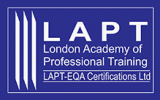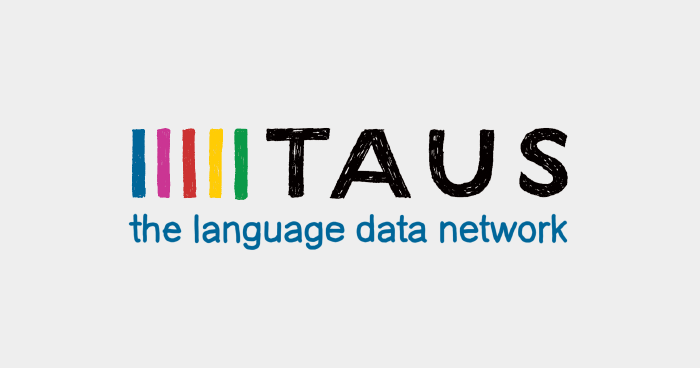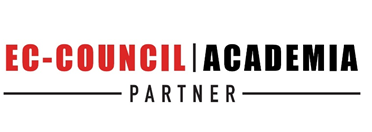Certification holders attach great value to their certifications to provide multiple benefits by considering certification. The responders strongly believe that the certifications help with major professional opportunities and empower them in different ways both intrinsic and extrinsic. Why should you earn a certification? What is the value of an certification to you and to your employer? A certification demonstrates your dedication, motivation and technical knowledge on a specific platform. Once you earn a certification, you join a select group of individuals – a peer group with demonstrated skills.
Having a certification shows that you not only possess comprehensive knowledge of that technology, but you also care enough about your own career to spend the time and money to get certified Certification programs provide learners with an opportunity to train and develop a specialized skillset. When you’ve earned certification, you show that not only do you take your career seriously enough to spend time and money on continuing your education and expanding your abilities, but also that you have knowledge in your field that not everyone will possess.
Workers today realize the value of increasing their proficiency in a particular subject and upgrading their credentials. Certification offers a flexible learning path for many students. Because of the competitive market, professionals must become lifelong learners by seeking out ongoing opportunities for training.
Getting Hired:
Having an certification will certainly give you an advantage when hiring managers look at your resume. Competition for jobs can be stiff, and having a certification is a significant advantage compared to those who do not have one. In fact, a certification can be a qualifier for a position. when two otherwise equal candidates are applying for the same job, the one who has a certification will have the edge over the candidate that does not. A certification may do nothing more than get your resume a second look – which may be more than your competition gets.
Promotions:
Want to move up into a better, higher-paying job in your company, then you will need to learn new technologies or enhance the skills you currently possess. There is no better way to show this than to earn a new certification or progress further up the certification chain in a current area of expertise. Individuals who want to progress ahead on the corporate ladder or to a better job with a higher salary need skill-enhancement. Certification helps in learning the new technologies, skills, and abilities for a specific promotion. Earning a new certification or an advanced certification in a particular area of expertise can help in advancing your career.
Showing uniqueness:
Certification courses for new products and services could also help in your professional development substantially. The importance of certification is very evident in the case of acquiring expertise in new products and services. Professionals could focus on obtaining these new certifications. These certifications can help them in becoming subject matter experts on the new offerings.
As a result, such professionals could stand out from the rest of the crowd. Another noticeable improvement that we can note here refers directly to the efforts needed to score such certifications. Therefore, candidates have to invest considerable effort and time in clearing such certification exams.
Personal Development:
The most crucial factor that highlights the importance of certification is personal development. Professionals could pursue certifications for showing their capabilities before employers or to achieve personal goals. Certifications set as personal goals could help in realizing a satisfying experience. It is satisfying to get rewards for your efforts. Certifications drive a feeling of self-motivation, discipline, and commitment, which could be the intangible rewards with certifications.
The importance of certification for freshers and experienced candidates do not bear stark differences and tend to overlap in many cases. However, the most important factor before choosing a particular certification course is suitability. An individual should follow their interests and preferences for finding out the most appropriate certification courses for them.
The next important concern on the mind of readers should be the appropriate planning and commitment to achieving the desired certification. Other important factors under consideration in this context refer to the selection of appropriate sources for learning materials and resources.












